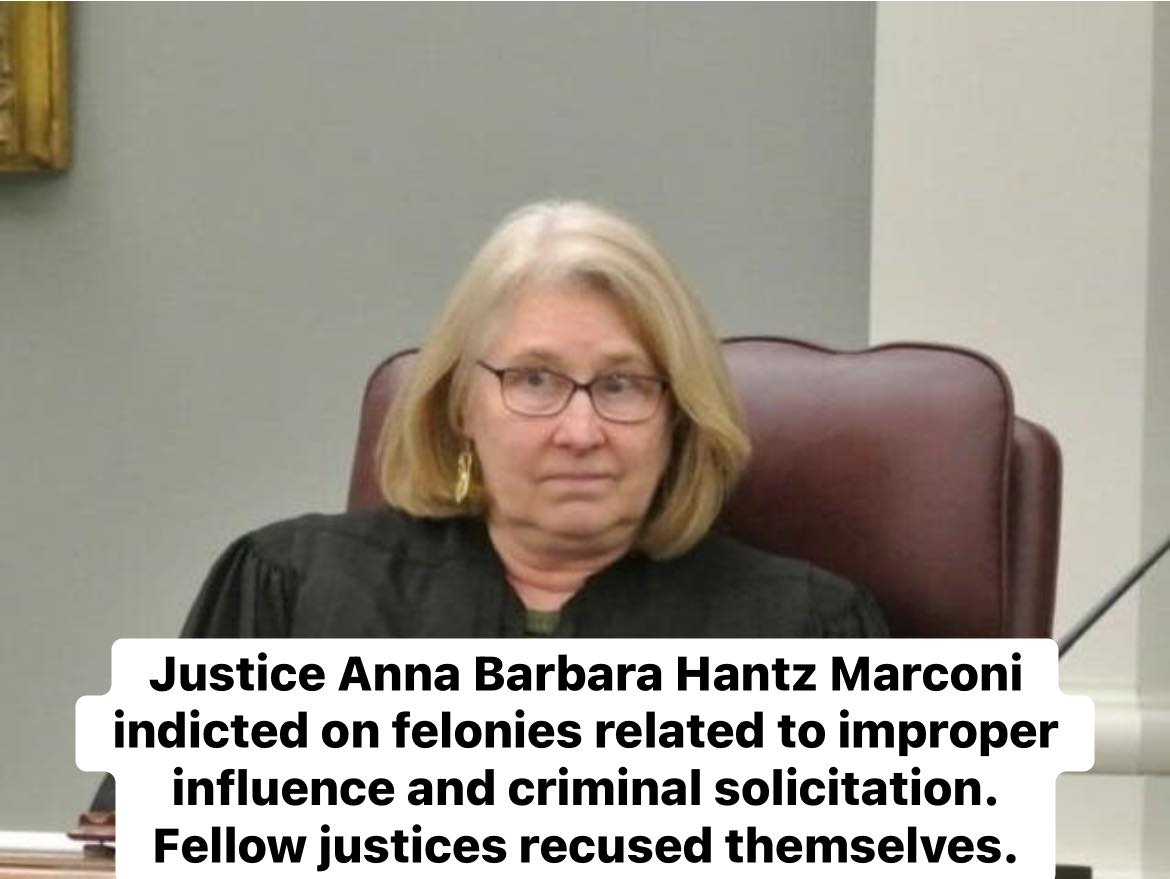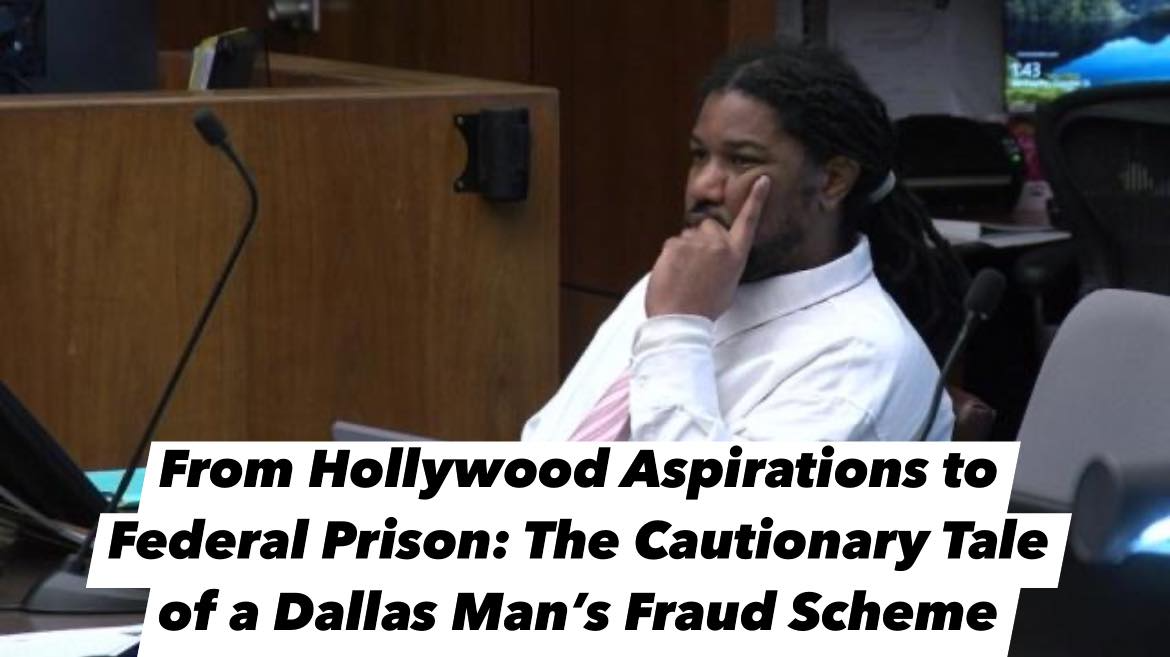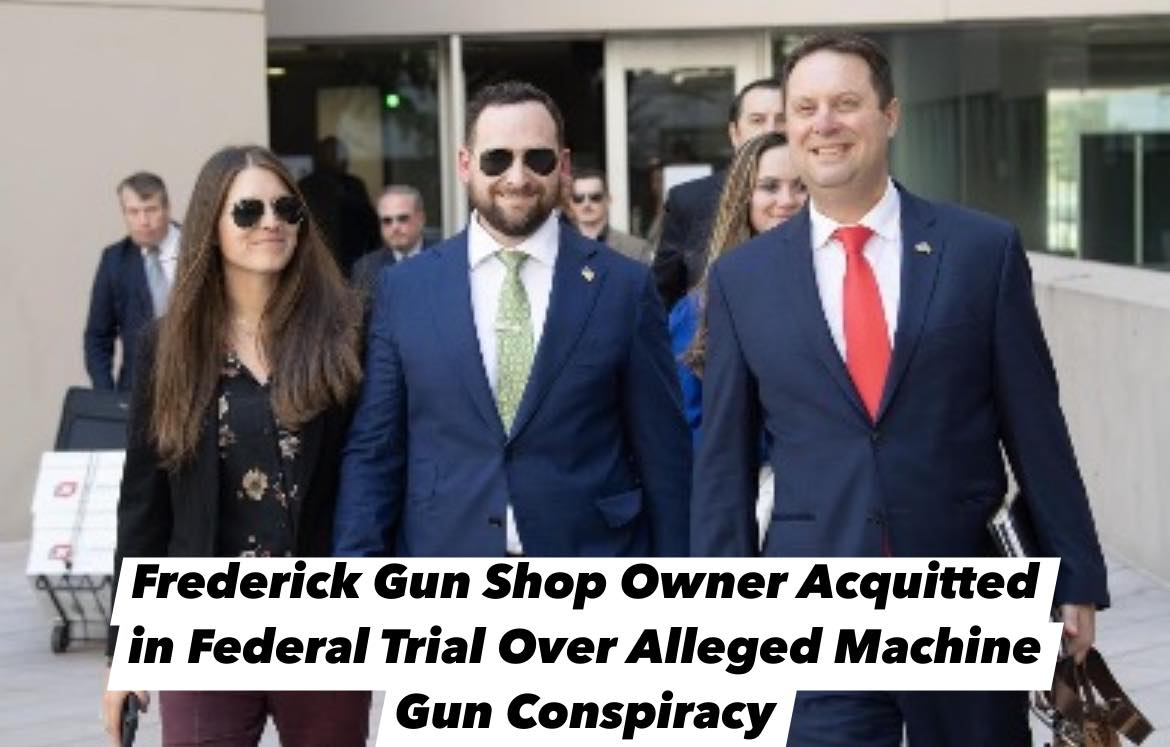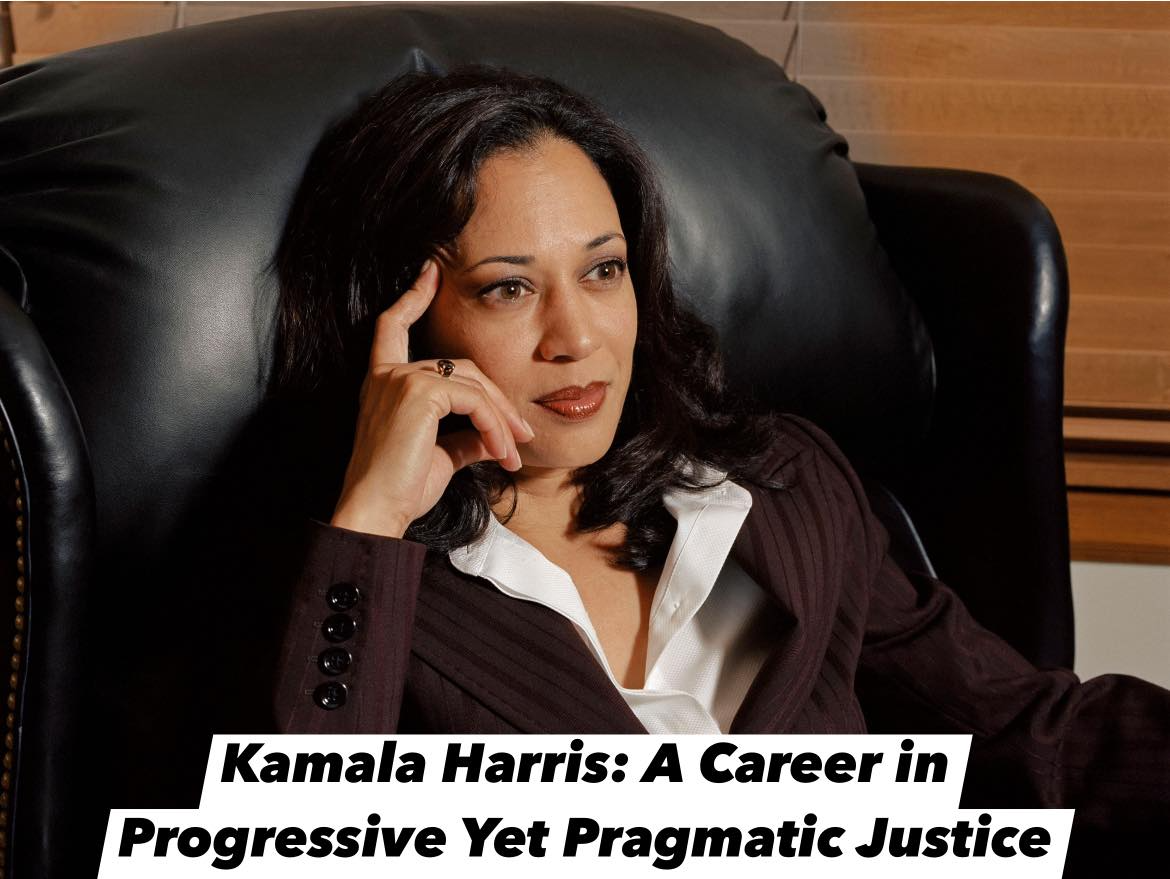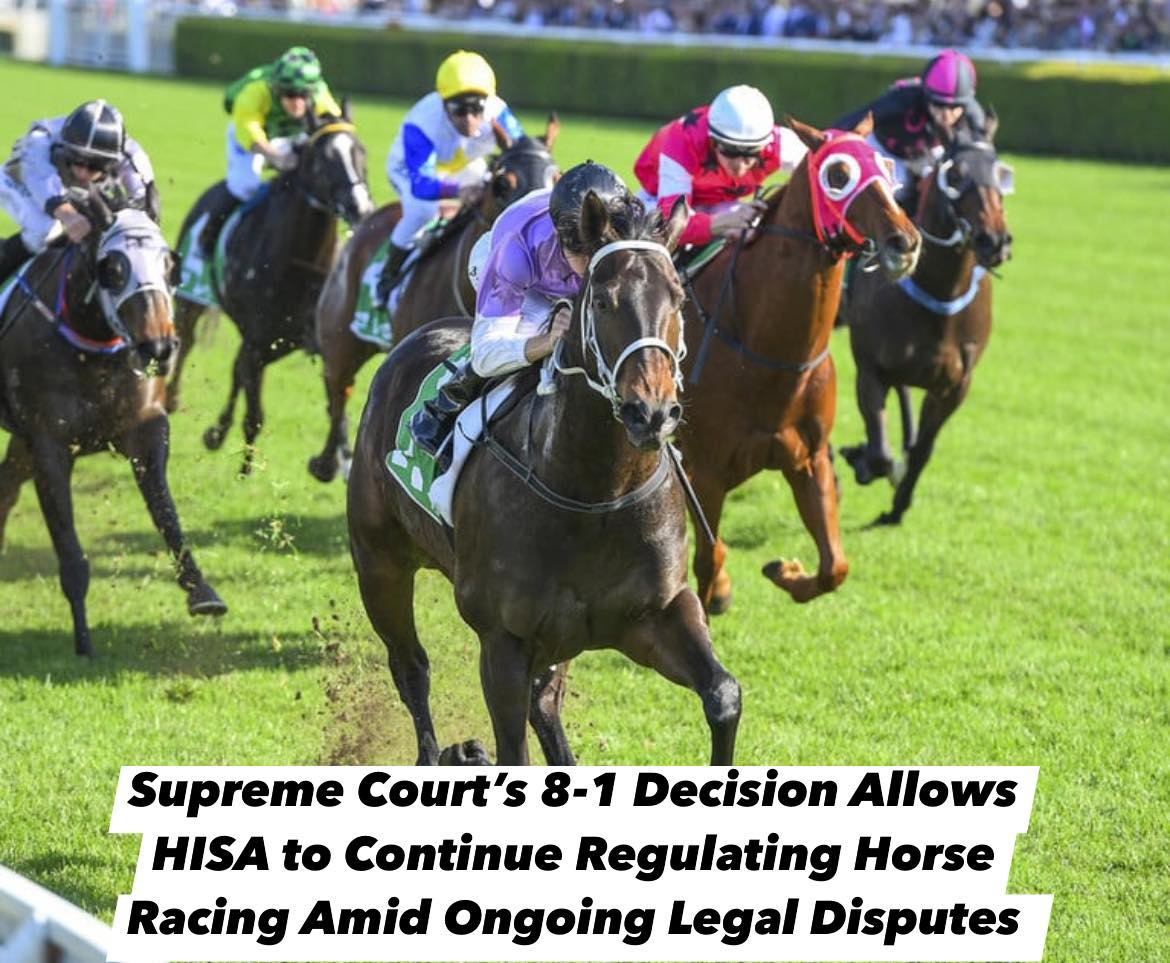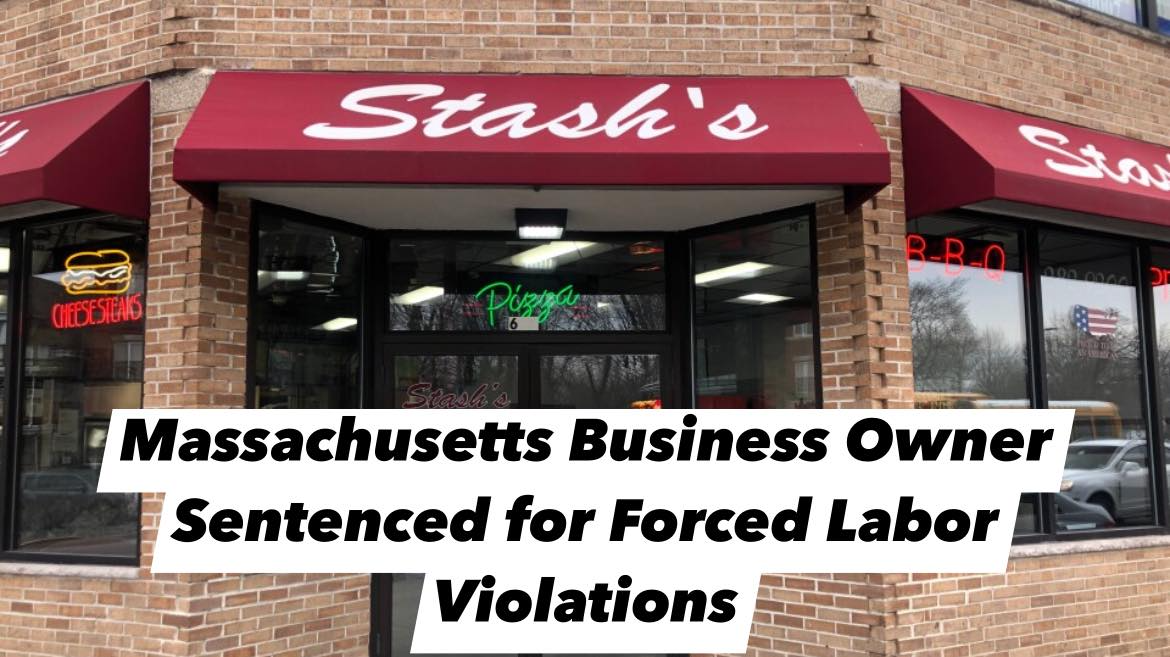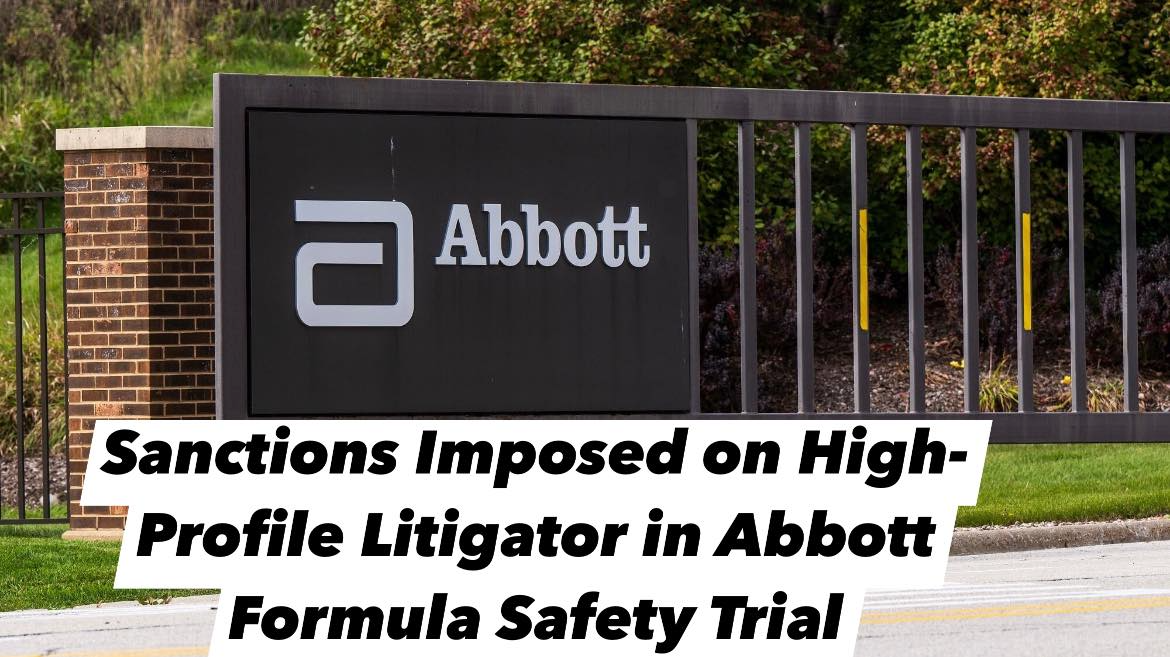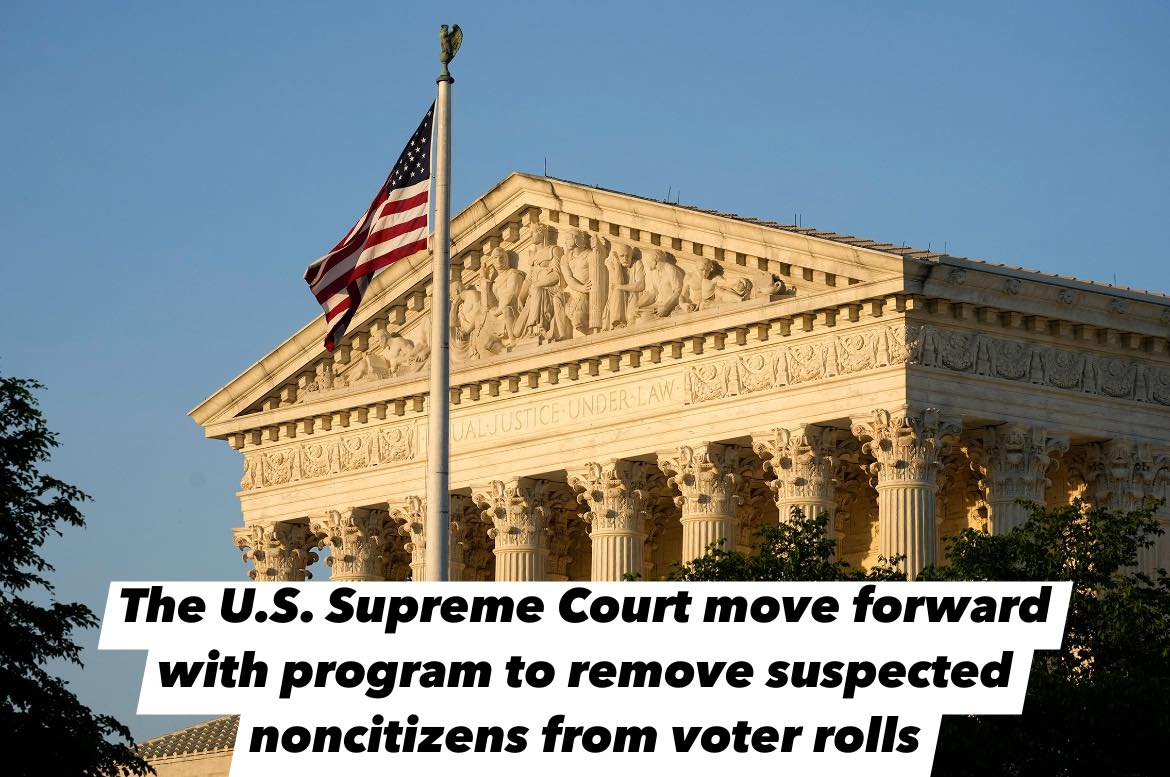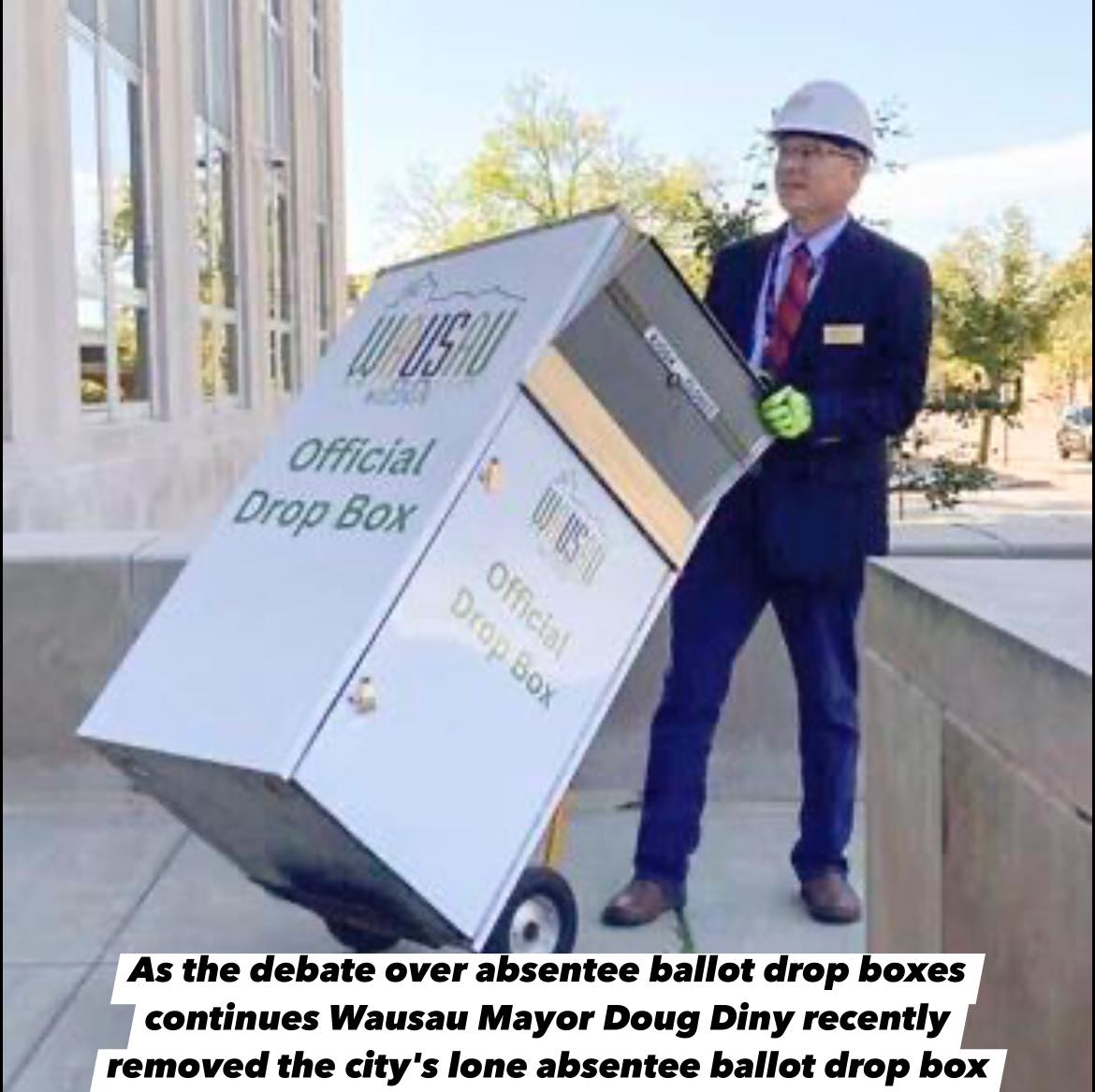
On Monday night in Beirut’s Jnah neighborhood, 74-year-old Fouad Hassan, a familiar face in Lebanese entertainment known as “Zaghloul,” was reading on his balcony when an airstrike struck his family’s home nearby.
Without warning, rockets hit the residential area, devastating an entire neighborhood. “When the bombing happened, I fainted,” he recalls, “and when I came to, the whole neighborhood was in ruins.” A digger and dozens of locals now sift through the rubble, searching for lives lost and remnants of families shattered.Fouad’s granddaughter, Alaa, a poised young woman engaged to be married in three months, was killed, and his grandson lies in a coma. “Why?” Fouad asks, “Why does the world allow this?” Holding a picture of Alaa in a gold dress, Fouad remembers her joy and ambition, including her dream of becoming Miss Lebanon.As Fouad walks among the remains of his community, residents approach him, offering condolences. He reflects on his many memories here, especially the neighborhood children who greeted him with calls of “Grandpa, Grandpa!” His small gifts—candies and popcorn—were part of their daily lives, and many of these young lives have now been lost.With nearly 2,000 Lebanese lives lost, the destruction has claimed families and flattened communities. The Israeli army, after the strike, cited a “Hezbollah terrorist target” but issued no prior evacuation order. Though nearby structures like Rafik Hariri Hospital remain superficially damaged, across the street, lives are

